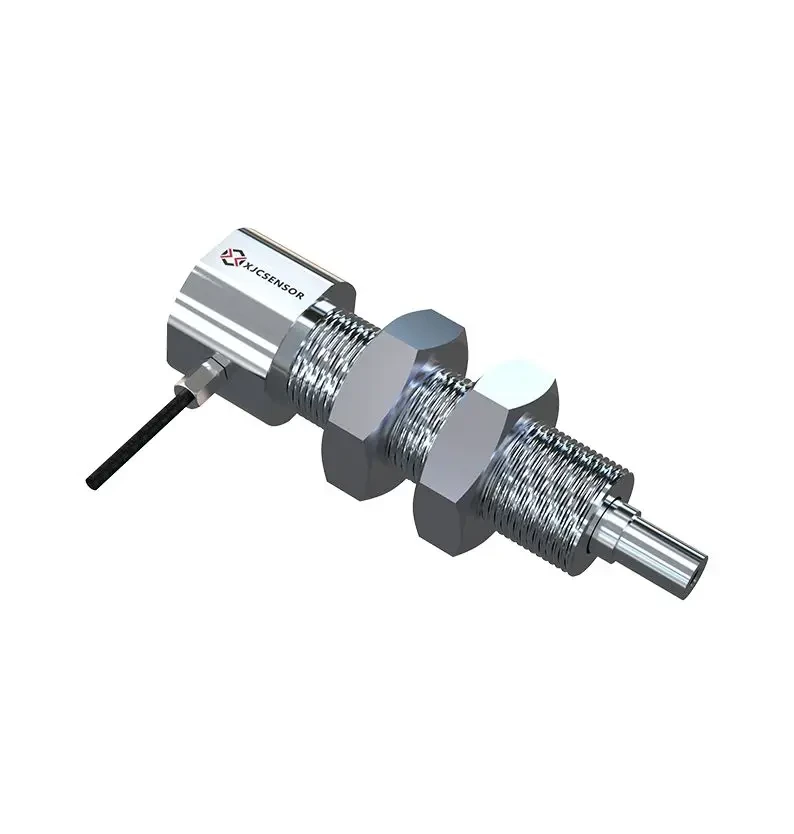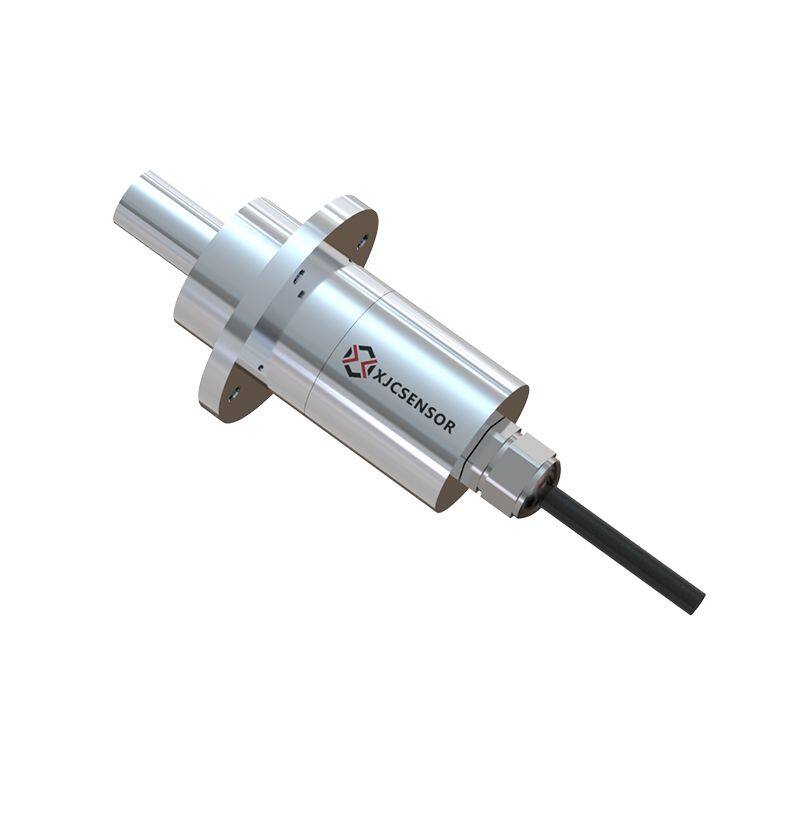Email cannot be empty
Password cannot be empty
Email format error
Email cannot be empty
Email already exists
6-20 characters(letters plus numbers only)
The password is inconsistent
Email format error
Email cannot be empty
Email does not exist
6-20 characters(letters plus numbers only)
The password is inconsistent


Empowering Industries Globally: Tension Sensors Unveiled by a Leading Exporter
In the intricate web of industrial processes, maintaining precise tension is a critical factor influencing product quality, efficiency, and safety. Tension sensors, often referred to as load cells or force sensors, emerge as unsung heroes in ensuring optimal tension levels. As a premier tension sensor exporter, our mission is to transcend geographical boundaries, providing industries worldwide with cutting-edge sensors that redefine precision. In this exploration, we will unravel the significance of tension sensors, the diverse applications they serve, and the pivotal role of an exporter in this ecosystem.
The Essence of Tension Sensors:
At the core of many manufacturing processes lies the need for controlled tension. Tension sensors are instruments designed to measure the force applied during processes involving tension or compression. Their role is pivotal across industries where the right level of tension is synonymous with quality and efficiency. Applications span a wide spectrum, including textiles, paper manufacturing, and wire production.
Applications Across Industries:
1.Textile Marvels: In the textile industry, tension sensors ensure that weaving, knitting, and winding processes maintain consistent tension. This results in the production of textiles that meet stringent quality standards.
2.Paper Precision: Tension sensors contribute to seamless paper manufacturing by controlling tension throughout various stages, from printing to converting, ensuring the integrity of the final product.
3.Wire and Cable Assurance: Wire and cable production relies on tension sensors to prevent issues like sagging, stretching, or breakage, ensuring the reliability of the end products.
Exporting Precision: The Role Unveiled:
As a tension sensor exporter, we step into the role of facilitators, connecting cutting-edge technology with industries seeking precision solutions globally. Our role encompasses key aspects:
1.Global Accessibility: Exporting tension sensors allows us to transcend borders, providing industries worldwide with access to advanced sensing technology that aligns with international standards.
2.Expert Consultation: Our team of experts offers valuable guidance, assisting clients in selecting the most suitable tension sensors for their specific applications. Informed decision-making is at the core of our export services.
3.Tailored Solutions: Recognizing the diverse needs of different industries, we provide customized tension sensing solutions, ensuring seamless integration into unique processes.
4.Quality Assurance: Sourcing tension sensors from reputable manufacturers, our role as an exporter includes ensuring that clients receive instruments of the highest quality, meeting or exceeding industry standards.
Advantages of Tension Sensors:
1.Elevated Product Quality: Tension sensors contribute to improved product quality by ensuring consistency and uniformity in tension-sensitive processes.
2.Operational Harmony: Precise tension control enhances operational efficiency, reducing waste, downtime, and the need for manual intervention.
3.Enhanced Safety: Tension sensors play a role in enhancing safety by preventing over-tensioning or under-tensioning, minimizing the risk of accidents in tension-sensitive processes.
Conclusion:
In conclusion, tension sensors emerge as silent heroes, shaping the efficiency and quality of industrial processes. As a dedicated tension sensor exporter, our commitment extends beyond borders, influencing the global landscape of precision measurement. From textiles to paper and wire industries, the impact of tension sensors is profound. In exporting these cutting-edge sensors, we not only provide solutions but also contribute to shaping the future of precision measurement on a global scale.

